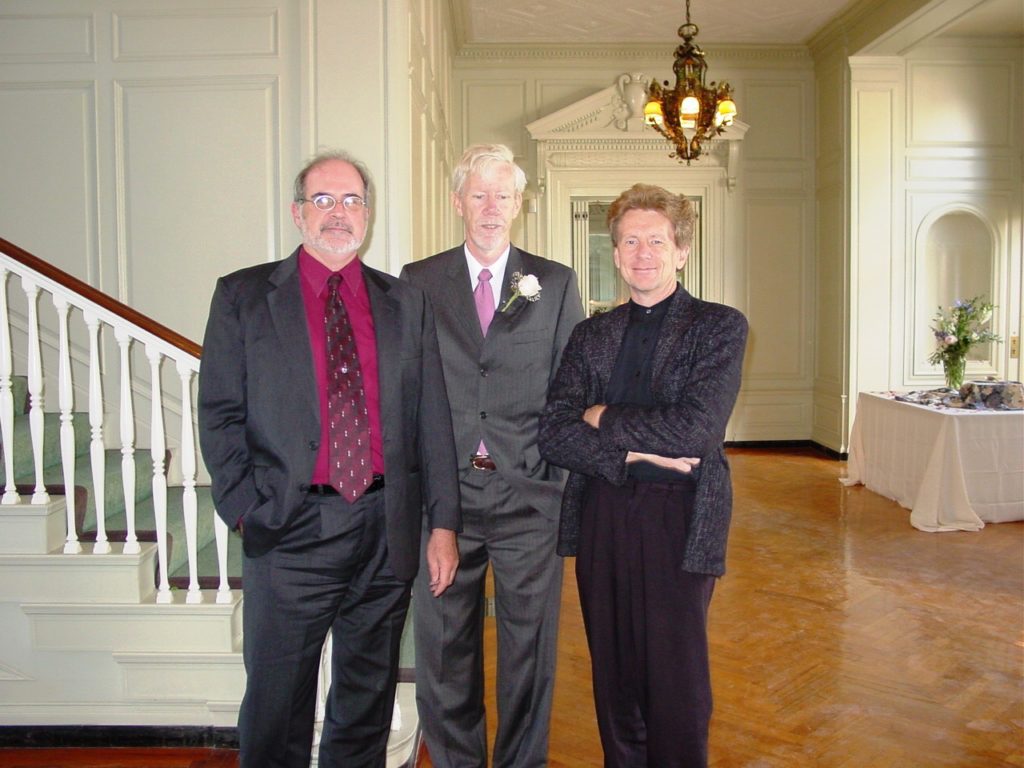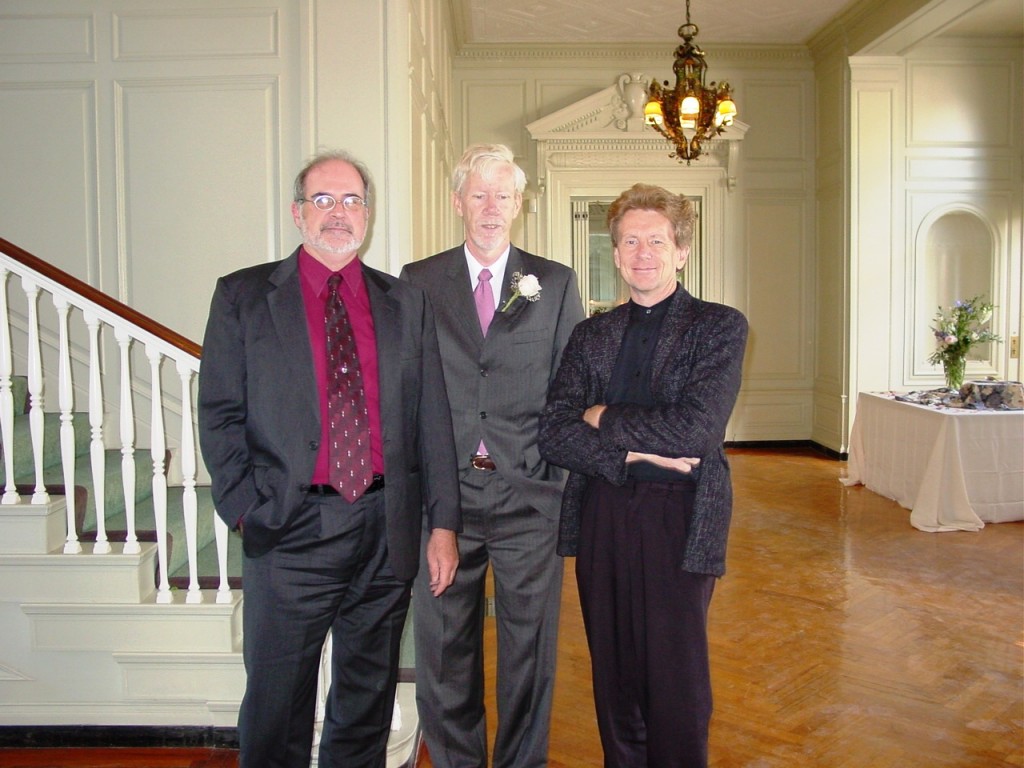Welcome to the Wakefield Doctrine (the theory of clarks, scotts and rogers)
Reprint Day!
But before we do, a brief word about the Wakefield Doctrine.
We mean it when we say, ‘all people are born possessed of the potential and capacity to experience the world as that of the of Outsider(clark), Predator(scott) or Herd Member(roger). We all, at quite an early age, settle into one (and only one) of these three and begin practice our style of relating ourselves to the world around us.’
The thing is, there is no ‘good’ personality type or ‘bad’ personality type. There isn’t even a ‘one worldview is superior to the other two worldviews’. Since we all start with all three (as potential) the only conclusion is that, if there were to be a goal of development, it would be to enhance the positive qualities of each and minimize the negative qualities. You know, a clark who doesn’t hide, a scott who isn’t always hungry or a roger who is naturally kind and selfless.
So, in keeping with the eternal duty to maintain a balanced perspective, this post about our herdly-friends, the rogers.
(from April 2015)
clarks think, scotts act and rogers feel
That tells you most of what you need to know to get started:
- learning the Wakefield Doctrine
- practicing the Wakefield Doctrine
- (and, if you’re a clark,) benefitting from the use of the Wakefield Doctrine
so, while there’s a whole page here that will explain why it is that rogers behave the way that they do and what the world looks like from their perspective, lets just employ the ever-popular blogging device, ie.e “5 things you didn’t know about rogers and 3 things that you’d rather we didn’t feel the need to mention!”
- rogers live in a perfect world
- (if you’re a clark) rogers will see you before you see them and will have already made their decision
- rogers believe that they hate the way that they behave with other people, (but when you hear them apologize profusely, that is not one of those times)
- the person who introduces you to the day-to-day routine at the new job and uses the phrase ‘…we call this the bible’ ? yeah they’re the roger you need to keep your eye on
and
- clarks are fond of rogers (but love scotts), scotts are fond of clarks (but love rogers) and rogers have an irresistible disdain for anyone who does not treat them badly on first encounter
- if you’re a clark, there is a way to deal with rogers when they, (the rogers) are being difficult but, although you, (the clark) are capable of achieving the necessary state of mind, you cannot maintain it past the situation that requires it (if you could, you’d be a scott)
- all rogers know that the world makes sense and is, at its essence, ‘good and sufficient’ and, (all rogers), seek to practice the perfect way to do something/anything/all things and, they will try to achieve this by reading history (which can be the books of a library or the fables of earlier people, the tradition of a family or the stories one person may pass on that describes those who came before)… the goal is to ….exemplify the (kind of/style of/belief in) behavior of those who history (to their reading) has conveyed honor upon.
…that plus! if we didn’t have rogers you would not want to have to fly from Newark to Biloxi in a plane designed and built by a scott!
- jet airliners designed by scotts: very fast with at least 5 or 6 engines (not necessarily required to get off the ground, but make them louder than frickin anything)
- a part of the cabin has a basketball net/hockey/or batters box
- the stewards would have to wear bathing suits… male or female and they would carry those little air horn things (can of compressed air) to warn the unruly passengers or just in case they get bored
- the flight deck would have windows that open, so the pilot could yell at passing jets
0r a clark:
- instead of normal seats, there would be couches with pillows and quilts (that would have a disturbing tendency to slide around when the plane has to bank for final approach)
- the stewardesses would be scotts and stewards would be rogers
- there would be a bathroom-to-passenger ratio of nothing less than 1:2
…ok, enough silliness.
without rogers we would not have:
- enduring and stable cultures
- CPA level accounting
- a judicial system
- ships in bottles
- civil war re-enacting
- Carl Rogers
- Fess Parker (aka Davy Crockett)
- civil wars
- most medical procedures (not involving surgery… that’s from you know who)
- Aesop’s Fables
- Mrs. O’Leary
- Ken Burns
- Shaker furniture
- Bible/ Torah/ Quran/the Vedas/ Book of Mormon
- Fabergé egg(s)
- effective oncology
so if you are a roger, let me say, ‘Hey!! good work. Love the Sistine Chapel and the Spanish Inquisition. Tell us about how it used to be!’
…and, apropos of nothing (we trust), other than waking up with the song in my head:
…and to whoever said, “Dude, this is way more likely to resonant with a post about scotts.”? lol. send in your name and I promise a free DocTee the next time a do a run











